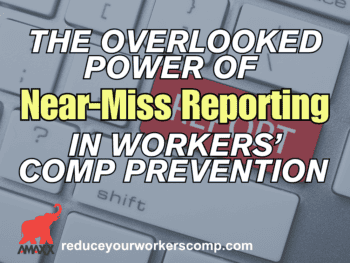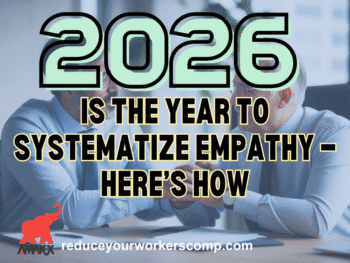A new report suggests overreliance on written manuals and policies and less attention on literacy training is putting workers at risk according to Conference Board of Canada.
The document, entitled "What You Don't Know Can Hurt You: Literacy's Impact on Workplace Health and Safety," summarizes the results of a two-year study for Human Resources and Skills Development Canada, according to the Canadian OH&S News.
"It was conducted to encourage literacy skills development in the workplace, and looking at the health and safety aspect of it seemed to be a good way to get employers' attention," said Alison Campbell, the conference board's principal research associate and author of the report.
She suggests employers frequently do not recognize there might be literacy issues in their workplaces. "Employers will think, 'Well, we have a minimum recruitment standard of Grade 12 education level. So we know literacy won't be a problem for us.'"
However, Campbell says, "Literacy skills, it's like a muscle; if you don't use it, you tend to lose them," and points out many jobs do not require workers to exercise their literacy skills. (WCxKit)
"We've also broadened literacy to include language skills," she says. "When you have new Canadians coming in who may not have English skills or French skills at a level they need in the workplace, they may have trouble understanding health and safety policies."
The report polled employers, workers, immigrant and Aboriginal service providers, and argues literacy is an essential skill in terms of understanding health and safety policies, such as a worker's right to refuse unsafe work, to safe work procedures, to safe handling of materials and comprehension of WHMIS information.
The study found that while 64% of employers responded that their health and safety policies were understood either to a large extent or fully by employees, only 40% of workers agreed with this statement. Meanwhile, only 5% of immigrant service agency respondents said they believed workers understood OH&S policies to a large extent or fully.
The report recommends employers assess their workers' literacy levels by reviewing past incidents and examining OHS policies and practices from a low-literacy worker's perspective. (WCxKit)
Campbell says employers can contact local school boards and colleges to find experts "who can not only assess literacy skills they have in the workplace and find out if there are any gaps, but also provide training or direct them to training.
Author Robert Elliott, executive vice president, Amaxx Risks Solutions, Inc. has worked successfully for 20 years with many industries to reduce Workers’ Compensation costs, including airlines, healthcare, printing/publishing, pharmaceuticals, retail, hospitality and manufacturing. Contact: Info@ReduceYourWorkersComp.com or 860-553-6604.
WC Roundtable LinkedIn: http://www.linkedin.com/groups?homeNewMember=&gid=1922050/
FREE IQ Test: http://www.workerscompkit.com/intro/
Do not use this information without independent verification. All state laws vary. You should consult with your insurance broker or agent about workers' comp issues.
Do not use this information without independent verification. All state laws vary. You should consult with your insurance broker or agent about workers' comp issues.
©2010 Amaxx Risk Solutions, Inc. All rights reserved under International Copyright Law. If you would like permission to reprint this material, contact Info@WorkersCompKit.com



























